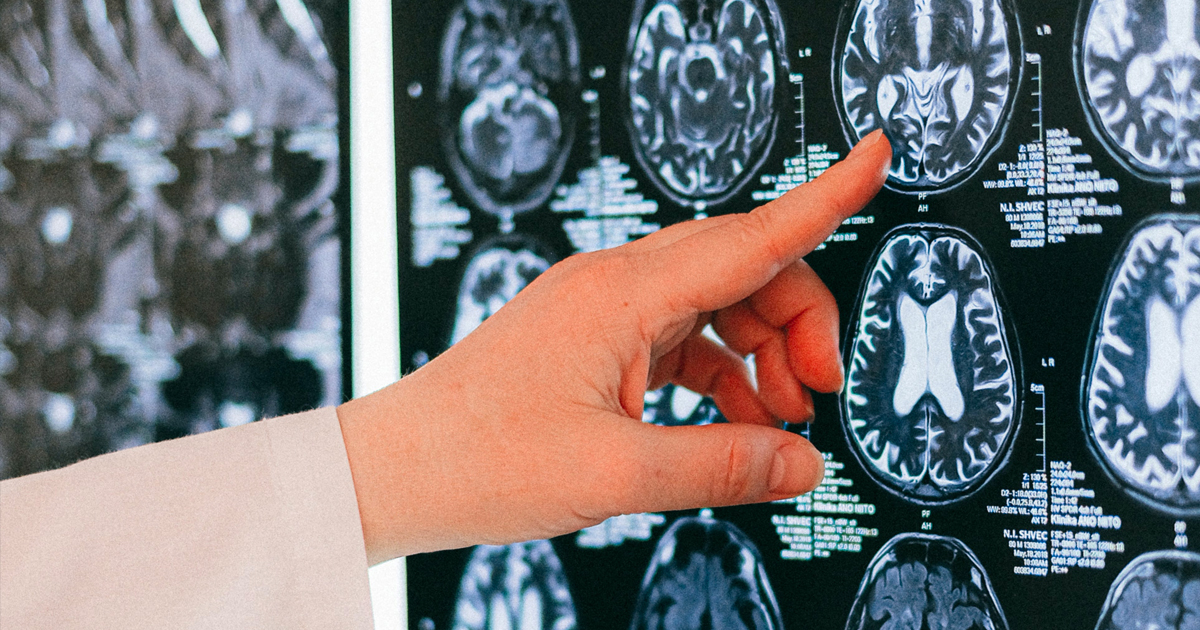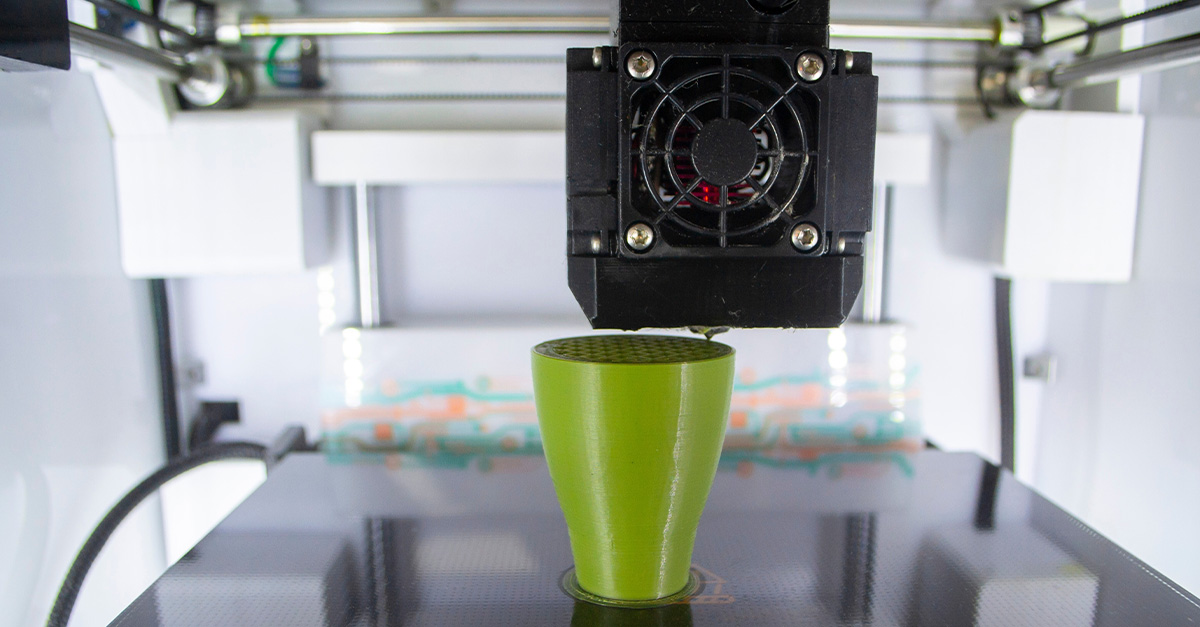There's a reason why they call the gut the "second brain"—your gut is like a tiny brain inside your body that helps keep you healthy. It's connected to your brain in a way that affects how you feel mentally and emotionally. What happens in your gut can affect how you think and feel, and vice versa.
What is the gut-brain connection?
Your gut is home to a flourishing community of gut microbiota. These tiny bacteria live in your digestive system, especially in your intestines, and help digest food, absorb nutrients, and even keep your immune system healthy. Taking good care of these bacteria is important for keeping your gut healthy.
So how your gut and brain are connected? Well, they're like two essential parts of the same system—they "talk" to each other through an intricate network called the gut-brain axis. This network uses different ways to communicate, like the nervous system, immune system, and hormones. One of the main ways they send signals to each other is through a special nerve called the vagus nerve, which is like a direct line between the gut and brain.
A chemical link
When your digestive system is working right, it sends happy feelings to your brain. But when it's not, it can send sad or anxious feelings to your brain. Some people with gut problems like IBS (irritable bowel syndrome) are more likely to feel sad or anxious.
On the other hand, the good bacteria in your gut make chemicals that help regulate your mood, like serotonin and dopamine. Most of the serotonin in your body, which helps you feel happy and relaxed, is made in your gut. This shows how important it is for your gut health to be good for your emotional well-being.
Even more, the bacteria in your tummy can also affect how your body reacts to stress. When you're under a lot of stress for a long time, it can upset the balance of bacteria in your gut, leading to inflammation and making mental health problems worse.
What you can do
To help keep your gut and brain in good shape, here are some simple things you can do:
First, make sure you're eating a balanced diet with plenty of fiber, fruits, and veggies. These foods will give your gut the nutrients it needs to stay healthy. Probiotic-rich foods like yogurt and kefir are also important, as they help keep your gut microbiota happy. By following these simple steps, you can help your gut and brain stay connected and work together to keep you feeling good.
You can also try some easy ways to manage stress like meditation, yoga, or deep breathing exercises. These can help reduce how much stress is affecting your gut health.










